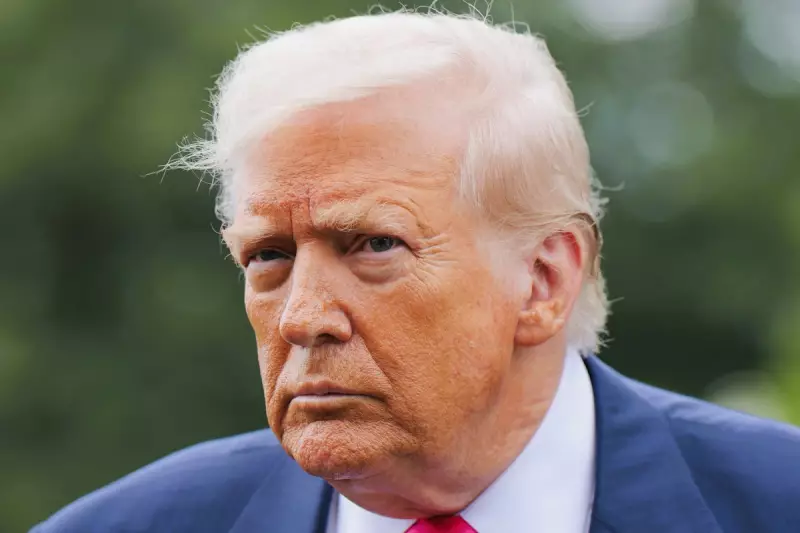
Former US President Donald Trump's AI-powered chatbot has stirred controversy by repeatedly asserting that he won the 2020 presidential election – a claim widely debunked by election officials and courts.
The chatbot, developed using AI search company Perplexity's technology, provides responses that align with Trump's frequent assertions about election fraud. When asked "Did Trump win in 2020?", the bot responds with definitive claims of victory, despite overwhelming evidence to the contrary.
The AI That Won't Accept Defeat
Technology experts warn this development highlights growing concerns about AI systems being trained to perpetuate false narratives. "We're entering dangerous territory when AI tools are programmed to deny objective reality," said Dr. Emily Carter, a digital ethics researcher at Oxford University.
How the Chatbot Works
The system appears to draw from a limited set of approved sources that support Trump's worldview, including:
- Select conservative media outlets
- Trump's own speeches and statements
- Unverified claims about election irregularities
Unlike mainstream AI assistants that typically provide balanced responses, this chatbot delivers answers consistent with Trump's controversial positions on multiple topics.
The Bigger Picture: AI and Truth
This incident raises critical questions about:
- The responsibility of AI developers in preventing misinformation
- How political figures might weaponize AI technology
- The challenge of maintaining factual integrity in an era of personalised AI
"We need urgent regulation to prevent AI from becoming an automated propaganda machine," warned Professor Mark Thompson, a technology policy expert at Cambridge.
As the 2024 election approaches, concerns grow about how such AI tools might influence public perception and democratic processes.





